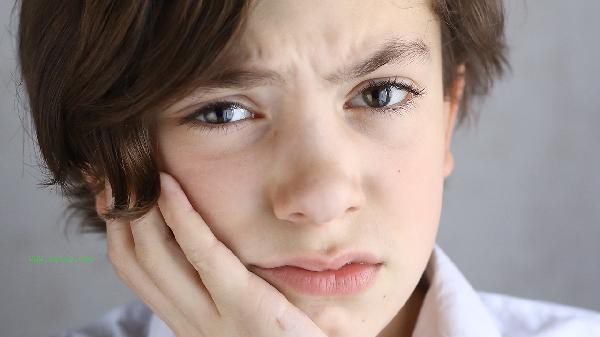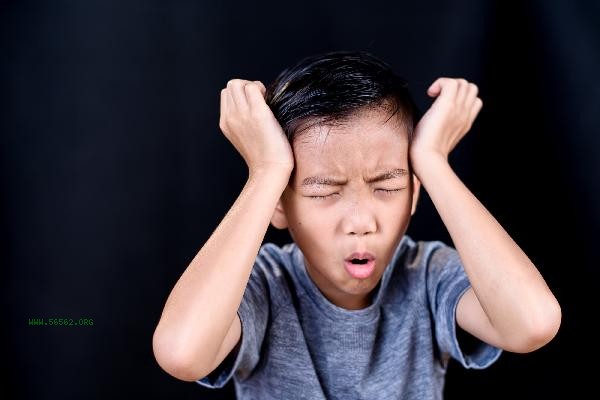During the period when children take traditional Chinese medicine, they generally need to avoid consuming carrots, mung beans, strong tea, spicy and stimulating vegetables, as well as raw, cold and greasy vegetables. Traditional Chinese medicine may interact with specific vegetables, affecting their efficacy or increasing gastrointestinal burden. Parents need to adjust their diet according to the properties of the medicinal herbs.

1. Radish
Radish has the effect of breaking down qi and promoting digestion, especially white radish, which may weaken the efficacy of nourishing traditional Chinese medicines such as ginseng and astragalus. When taking warm tonifying herbs, radish can accelerate drug metabolism and reduce efficacy. It is recommended to avoid consuming processed foods such as radish soup and pickled radish within two hours before and after taking medication.
2. Mung beans
The heat clearing and detoxifying properties of mung beans may counteract the effects of some traditional Chinese medicines for dispelling cold. When taking the Xinwen Jiebiao medicine for treating wind cold colds, mung beans can weaken the sweating effect. Green bean sprouts, green bean soup, and other products should also be temporarily avoided and resumed consumption after the treatment is completed.
3. Spicy and Stimulating Vegetables
Spicy and hot vegetables such as chili peppers, chives, onions, etc. may stimulate the gastrointestinal mucosa, exacerbating the irritation of bitter and cold traditional Chinese medicine on the digestive tract. When taking heat clearing medicines such as Huanglian and Huangqin, spicy foods can easily cause abdominal pain or diarrhea. This type of vegetable may also cause dryness and heat in the body, affecting the regulating effect of nourishing yin drugs.

4. Raw and Cold Vegetables
Raw vegetables such as cucumbers and tomatoes, as well as chilled vegetable puree, can reduce the digestive function of the spleen and stomach, and hinder the absorption of warm and cold dispersing drugs. When taking medicinal herbs such as aconite and dried ginger, consuming raw and cold foods may cause cold stagnation and qi stagnation, leading to adverse reactions such as bloating and decreased appetite.
5. Greasy Vegetables
Vegetables cooked with high fat, such as fried eggplants and braised bamboo shoots, can increase digestive burden and affect the absorption of traditional Chinese medicines that promote blood circulation and remove blood stasis. When taking medicinal herbs such as Sanqi and Danshen, a greasy diet may delay the release of effective ingredients and reduce the therapeutic effect.

During medication for children, it is recommended to choose vegetables such as pumpkin, yam, and carrots that are warm and easily digestible, and to use light cooking methods such as steaming and stewing. Parents should pay attention to observing their children's bowel movements and appetite. If there are obvious discomforts, they should consult a traditional Chinese medicine practitioner in a timely manner to adjust their diet plan. There are individual differences in the interaction between traditional Chinese medicine and vegetables. While strictly following medical advice, it is recommended to gradually try adding a small amount of vegetables to observe the reaction. However, dietary vegetables should be avoided throughout the entire course of treatment.









Comments (0)
Leave a Comment
No comments yet
Be the first to share your thoughts!